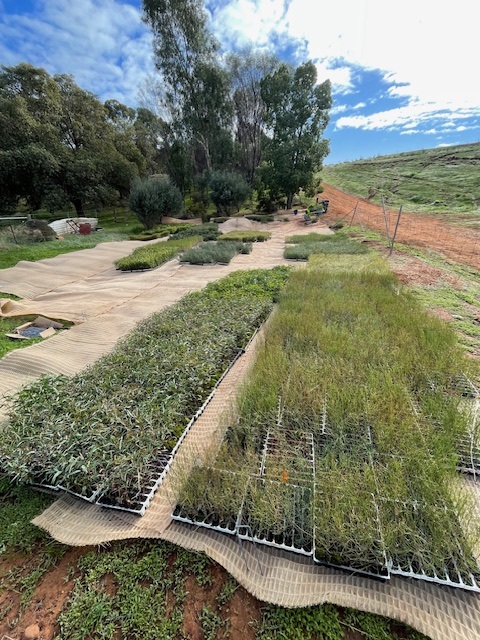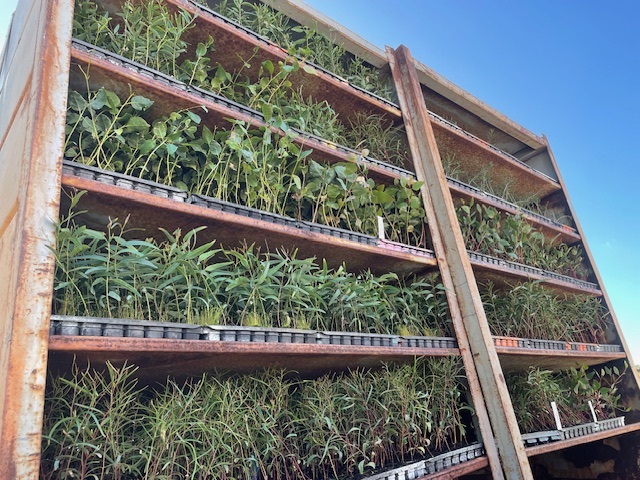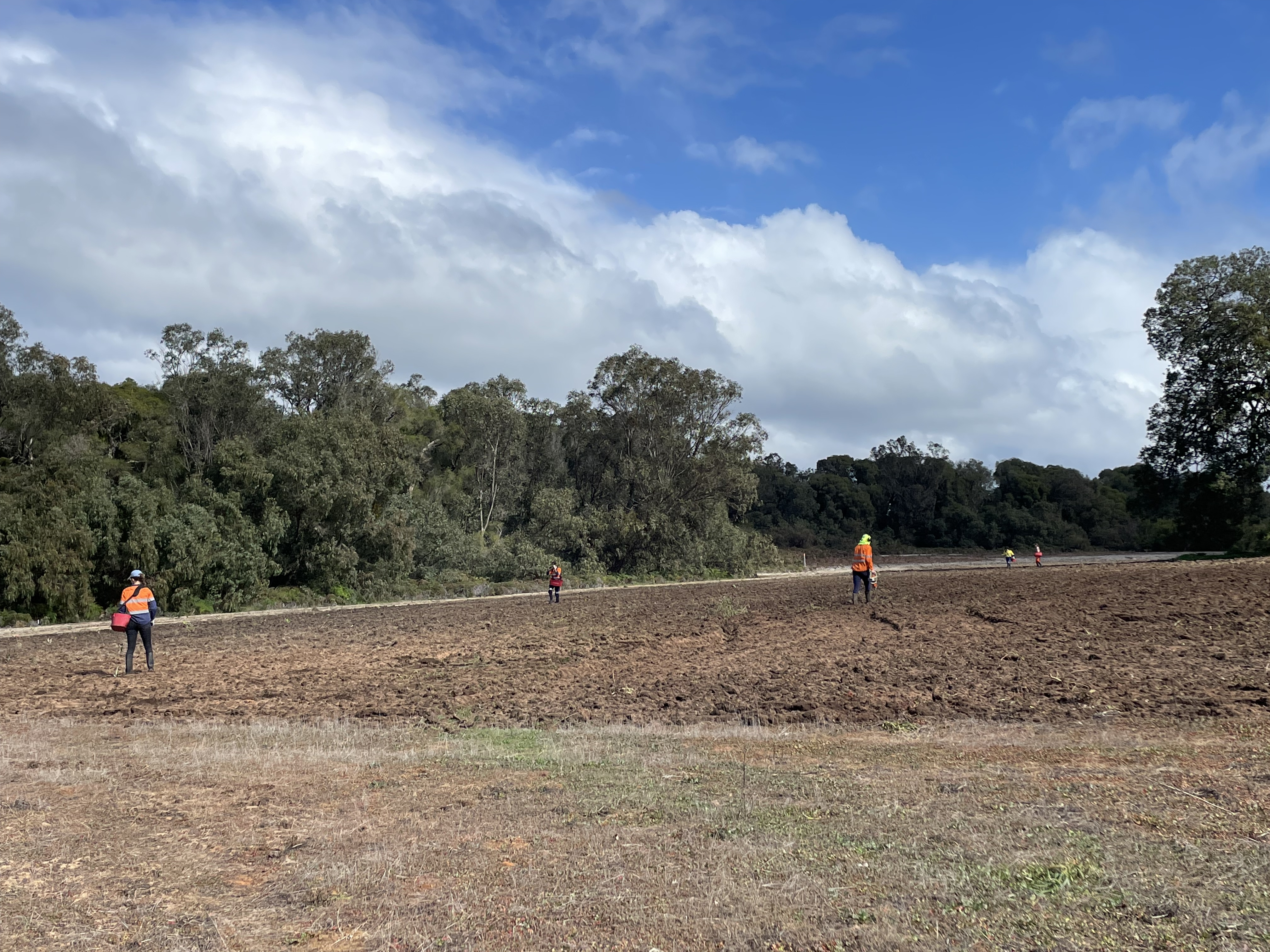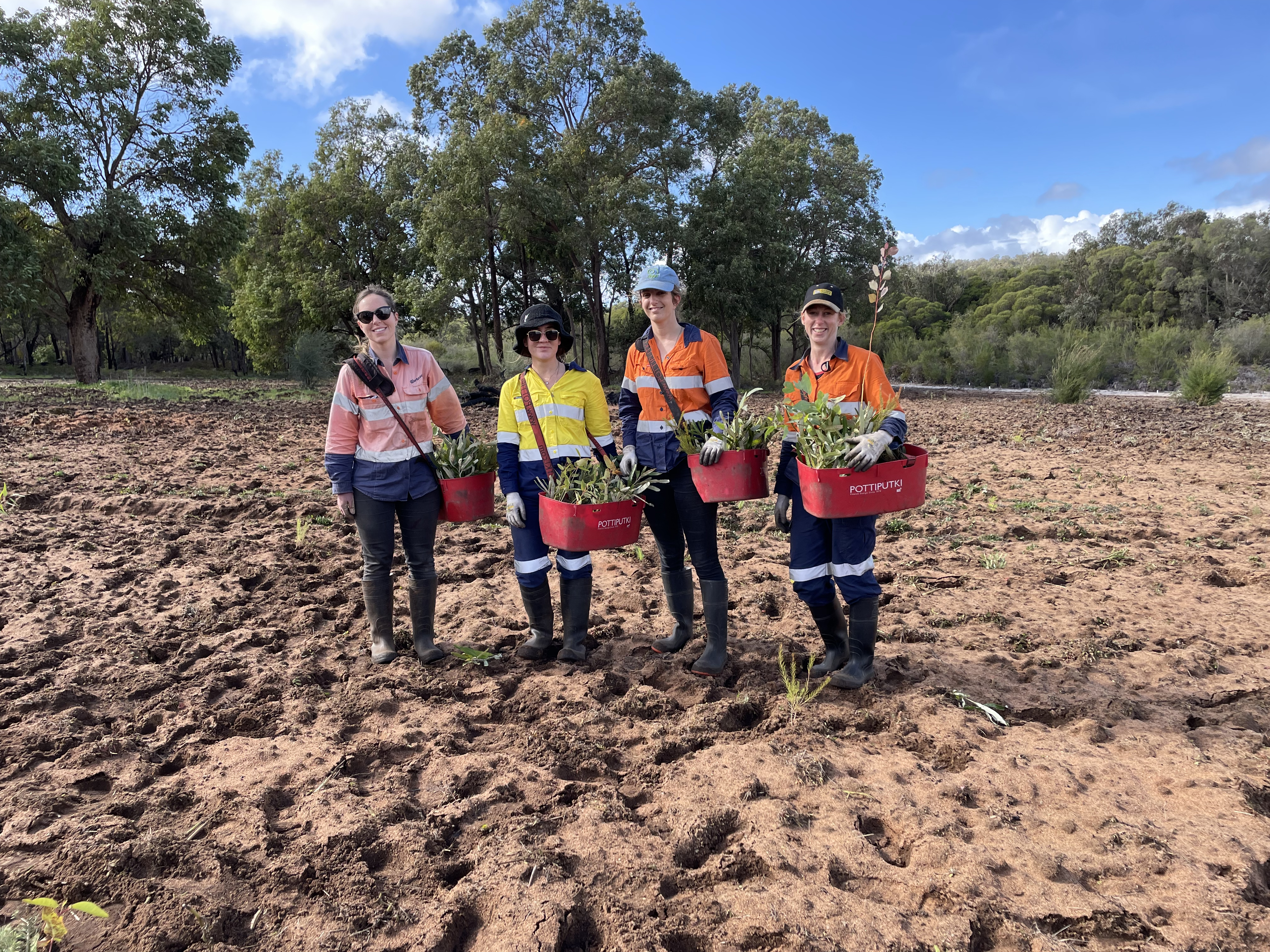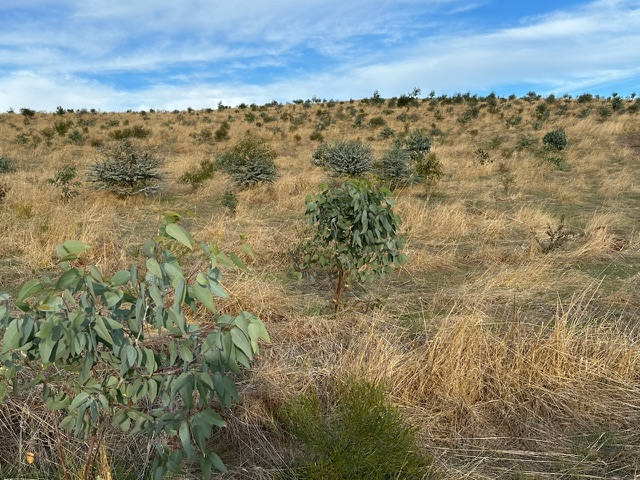Infrastructure Decarbonisation Services – Carbon measurement, decarbonisation strategies, carbon credits, life cycle assessments and economic emissions studies
Details
- Product Type Life Cycle Assessment & EPD Development
- Regions Auckland, Australian Capital Territory, Christchurch, Dunedin, Hamilton, Napier & Hastings, Nelson, New Plymouth, New South Wales, Northern Territory, Palmerston North, Queensland, Queenstown, Rotorua, South Australia, Tasmania, Tauranga, Victoria, Wellington, Western Australia
Contact
- Cameron Edwards 614347143744
- Website Visit
- Email cameron@decarbonology.com
ISupplier
- Company Name Decarbonology
- ISupplier Profile Visit
About
Carbon measurement, decarbonisation plans, carbon credits, energy/water and waste reduction strategies. Value enhancement of products and services. Life Cycle Assessment. Economic studies.
Sustainability Outcomes
Reduced costs. Increased market share. New revenues. Higher ESG ratings. Emissions reductions. New clients.
Applicable Credits
| IS v2.1 | Ecn-1 , Inn-1 , Rso-4 |
| IS v1.2 | Eco-1 , Ene-1 , Ene-2 , Inn-1 , Man-1 , Man-2 , Pro-1 , Was-1 , Was-2 |
| Eco-1 (ISv1.2) | Decarbonology can assist Infrastructure Sustainability Council members in achieving Eco-1 credits under ISv1.2 by helping to integrate ecological value into project planning and delivery. With a focus on biodiversity preservation and ecosystem enhancement, Decarbonology can provide ecological assessments to identify and protect natural habitats, endangered species, and critical ecosystems within project sites. We develop tailored strategies for habitat restoration, species conservation, and landscape connectivity, ensuring that projects contribute positively to local biodiversity. Additionally, Decarbonology offers guidance on innovative practices like creating green corridors and implementing habitat offsets, which mitigate ecological impacts while enhancing the ecological footprint of infrastructure projects. This holistic approach aligns with ISv1.2’s Eco-1 objectives, enabling members to not only meet compliance but also foster long-term environmental stewardship and resilience. |
| Man-1 (ISv1.2) | Decarbonology can support Infrastructure Sustainability Council members in achieving Man-1 credits under ISv1.2 by fostering robust sustainability management systems that enhance decision-making, accountability, and continuous improvement throughout project lifecycles. We assist in developing governance frameworks that integrate sustainability into project planning, execution, and maintenance, ensuring that social, environmental, and economic considerations are embedded at every stage. Decarbonology can guide members on setting clear sustainability objectives, establishing transparent reporting structures, and creating mechanisms for stakeholder engagement, all key aspects of effective management practice. Additionally, we offer training and resources to build organisational capacity, ensuring teams are equipped with the knowledge and tools needed for high-performance sustainability management. Through this approach, we enable Council members to meet Man-1 requirements, promoting a culture of sustainability that enhances project outcomes, stakeholder trust, and regulatory compliance. |
| Man-2 (ISv1.2) | Decarbonology can assist Infrastructure Sustainability Council members in achieving Man-2 credits under ISv1.2 by enhancing the competency and engagement of project teams in sustainable practices. We provide tailored training programs that empower staff and contractors with the knowledge and skills to meet sustainability standards effectively, ensuring all personnel are aligned with best practices. Decarbonology also develops engagement strategies to foster a shared commitment to sustainability, encouraging innovation, and teamwork towards environmental and social goals. By integrating sustainability into professional development, we help members establish a culture of continuous improvement, where team members are both knowledgeable and motivated to achieve project sustainability objectives. This approach not only supports compliance with Man-2 requirements but also builds a workforce that is dedicated to implementing sustainable practices across infrastructure projects. |
| Pro-1 (ISv1.2) | Decarbonology’s services directly support Infrastructure Sustainability (IS) projects in achieving the Pro-1 credit under ISv1.2, which emphasizes a commitment to sustainable procurement through a sustainable procurement policy or equivalent. By offering carbon footprint accounting, Decarbonology enables projects to identify emission sources and make informed decisions favouring low-emission suppliers and materials. Their net-zero consulting helps integrate carbon reduction strategies into procurement processes, ensuring alignment with sustainability objectives. Additionally, Decarbonology assists in developing or refining sustainable procurement policies that prioritize environmental standards such as low carbon footprints or recognized certifications. These tailored solutions demonstrate a clear commitment to sustainable procurement, supporting IS projects in meeting Pro-1 credit requirements while advancing broader sustainability goals. |
| Ene-1 (ISv1.2) | Decarbonology can help Infrastructure Sustainability Council members achieve Ene-1 credits under ISv1.2 by designing and implementing strategies that reduce energy consumption and maximise renewable energy integration across projects. We conduct comprehensive energy assessments to identify high-impact areas for energy efficiency improvements and provide guidance on selecting sustainable materials, optimizing building envelopes, and implementing energy-efficient technologies. Our team can help establish robust energy management plans that monitor and optimise energy use over time, ensuring continuous performance improvements and alignment with Ene-1 requirements. Through this approach, we enable members to reduce operational costs, decrease carbon footprints, and support long-term sustainability goals while achieving compliance with ISv1.2 standards for energy management and efficiency. |
| Ene-2 (ISv1.2) | Our team of professionals comprises experts in decarbon Decarbonology can assist Infrastructure Sustainability Council members in achieving Ene-2 credits under ISv1.2 by assisting in integrating on-site renewable energy solutions, such as solar or wind power, and explores opportunities for energy storage systems to further reduce reliance on conventional energy sources. |
| Was-1 (ISv1.2) | Decarbonology can assist in developing waste management strategies tailored to construction and operational phases, ensuring that projects minimise waste sent to landfill and optimise resource recovery. Decarbonology can also conduct waste audits to identify opportunities for circularity, provide guidance on sustainable material sourcing, and advise on innovations like pyrolysis or carbonisation to repurpose waste into useful by-products, aligning projects with ISv1.2 requirements for waste reduction and circular economy principles. This approach supports members in not only meeting Was-1 compliance but also in achieving broader environmental and economic sustainability goals. |
| Was-2 (ISv1.2) | Decarbonology can support Infrastructure Sustainability Council members in achieving Was-2 credits under ISv1.2 by implementing advanced waste minimisation and resource recovery strategies throughout the project lifecycle. Our approach focuses on designing projects that reduce waste at the source by optimising material use and selecting sustainable, recyclable materials wherever possible. We assist in creating closed-loop systems that ensure construction and operational waste is reused, repurposed, or recycled effectively, diverting significant waste from landfill. Decarbonology also provides guidance on establishing on-site waste segregation, tracking waste metrics, and engaging with suppliers and contractors to prioritize waste reduction and sustainable disposal methods. This not only helps meet Was-2 compliance but also enhances the project's overall environmental performance, demonstrating leadership in resource efficiency and contributing to broader circular economy goals within the infrastructure sector. |
| Rso-4 (ISv2.1) | Decarbonology can support Infrastructure Sustainability Council members in achieving Rso-4credits under ISv2.1 by implementing advanced waste minimisation and resource recovery strategies throughout the project lifecycle. Our approach focuses on designing projects that reduce waste at the source by optimising material use and selecting sustainable, recyclable materials wherever possible. We assist in creating closed-loop systems that ensure construction and operational waste is reused, repurposed, or recycled effectively, diverting significant waste from landfill. Decarbonology also provides guidance on establishing on-site waste segregation, tracking waste metrics, and engaging with suppliers and contractors to prioritize waste reduction and sustainable disposal methods. This not only helps meet Was-2 compliance but also enhances the project's overall environmental performance, demonstrating leadership in resource efficiency and contributing to broader circular economy goals within the infrastructure sector. |
| Inn-1 (ISv1.2) | Contribute to Innovation Challenge – 8; Sustainable Supplier and ISupply |
| nn-1 (ISv2.1) | Contribute to Innovation Challenge – 4; Sustainable Supplier and ISupply |
| Ecn-1 (ISv2.1) | Decarbonology’s services contribute to the Infrastructure Sustainability Council's Ecn-1 credit under ISv2.1 by embedding sustainability criteria and whole-of-life considerations into decision-making processes during the design and construction phases of significant project initiatives. Through carbon footprint accounting and lifecycle assessments, Decarbonology enables projects to evaluate the cost of carbon and other externalities, providing critical insights into the environmental and financial implications of various options. Decarbonology’s expertise in net-zero consulting and carbon reduction strategies ensures that whole-of-life costs, including operational and end-of-life impacts, are considered, supporting the adoption of low-emission materials and processes. These services help projects optimise sustainability outcomes, align with Ecn-1 requirements, and deliver long-term value. |

